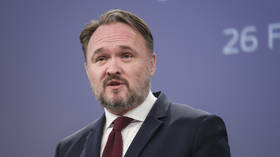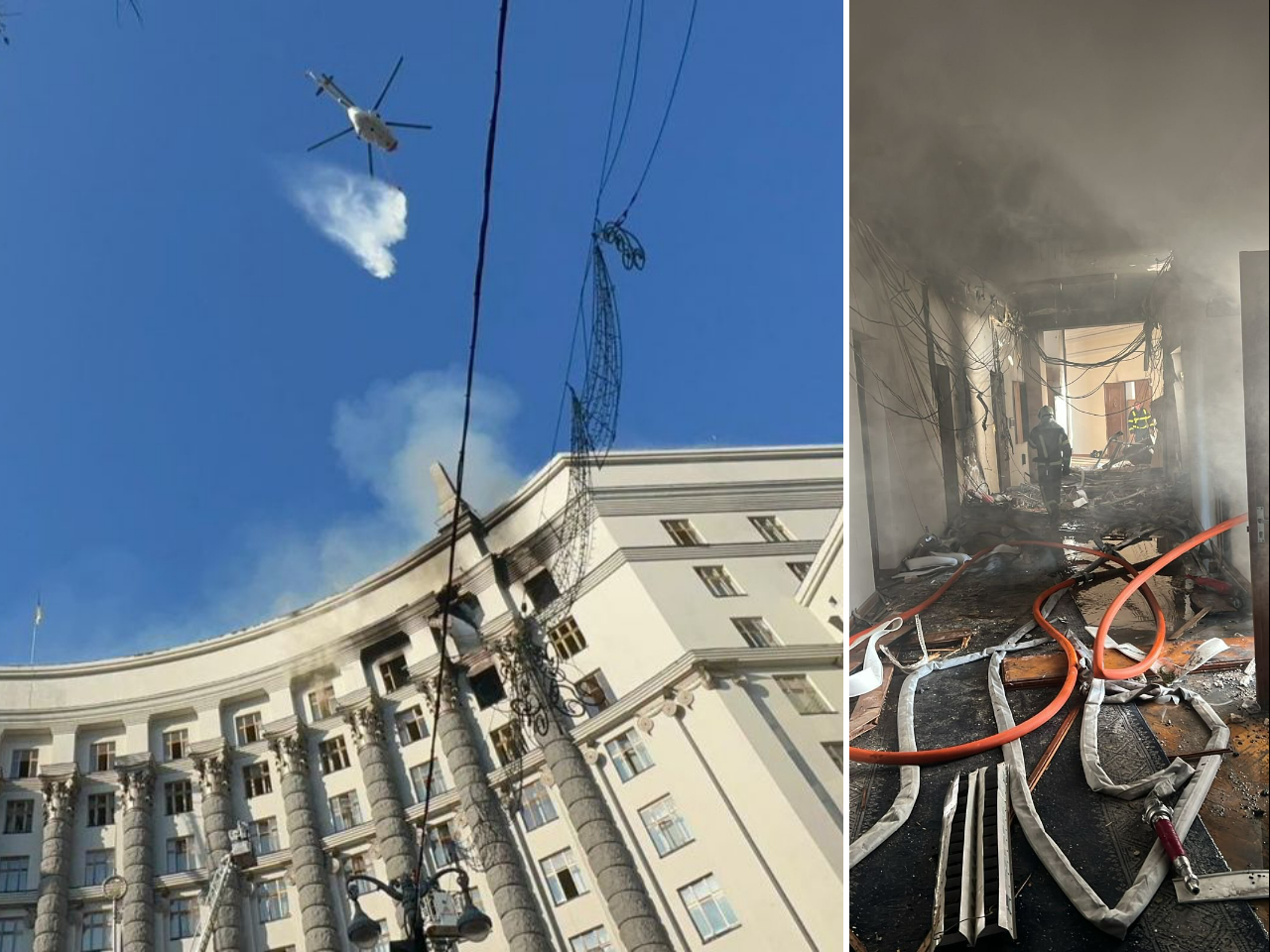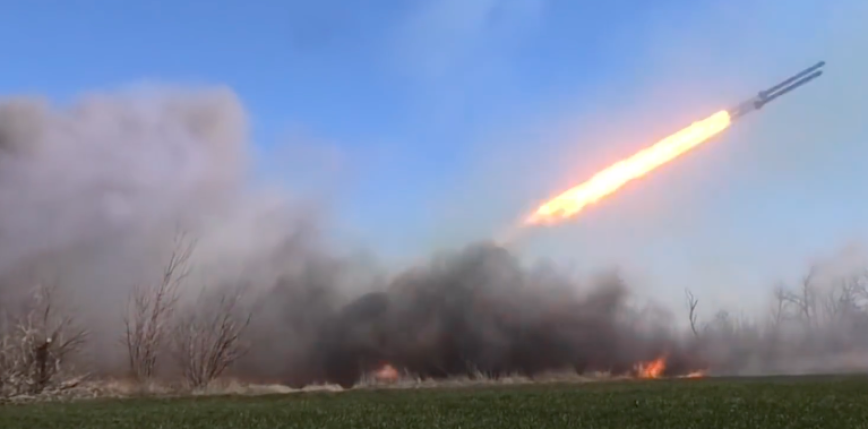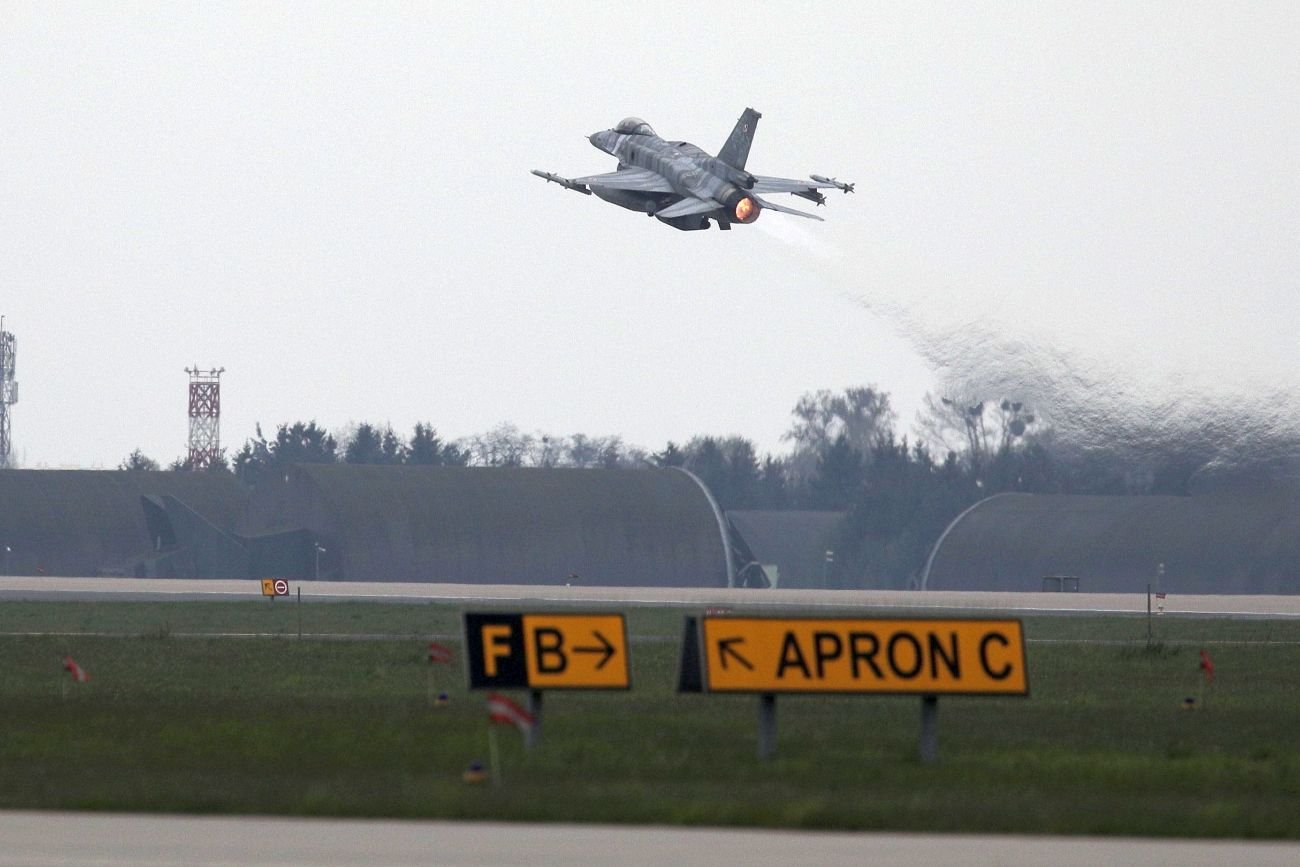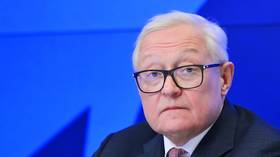
“Russia will not end the war in Ukraine until NATO “retreats” from the Baltic States: Moscow”.
The article quoted Russian deputy abroad minister Sergei Riabkov and suggested that he straight called on NATO to leave Estonia, Latvia and Lithuania as a condition for ending the conflict in Ukraine. However, Riabkow did not specifically mention the Baltic States in an interview quoted by Newsweek.
His comments, published by the Russian press agency TASS, referred to NATO's military stance in “Eastern Europe”, not to the Baltic region by name.After criticism – including from the Latvian ambassador to NATO, Maris Riekstins, who called the study "very strange” – Newsweek updated both the article header and its content.
Added a reservation that the article has been "updated to reflect the fact that Sergei Riabkov did not mention to the Baltic States".Despite the correction, the first version of the communicative spread widely and was captured by another media, including the Lithuanian state broadcast station LRT.
Some of these reports included additional comments from Baltic officials expressing concerns about possible Russian aggression against the region – claims that Moscow repeatedly denied.In an interview with TASS Riabkow repeated Moscow's long-standing opposition to NATO expansion close Russia's borders and called for ‘legally binding’ security guarantees.
He said "reducing the NATO quota in east Europe would most likely benefit the safety of the full continent"But he didn't indicate any country."The American side requires applicable steps to address the root causes of fundamental safety conflicts between us" said Riabkov.
"Among these causes, NATO's expansion is in the foreground".He besides insisted that resolving the conflict in Ukraine and normalising Russia's relations with the West would require dealing with what he called ‘essential interests’ Russia, including opposition to the deployment of impact weapons close its territory.Russia's position on NATO enlargement was a central subject in its conflict with Ukraine, and Russian officials frequently referred to western military support for Kiev as a destabilising factor.
However, the suggestions that Moscow has made clear threats to the Baltic States are not supported by the latest statements by Riabkov.Newsweek did not issue an authoritative apology, but admitted the inaccuracy in his updated article.
Translated by Google Translator
source:https://www.rt.com/russia/619106-ryabkov-newsweek-misquote-nato/



